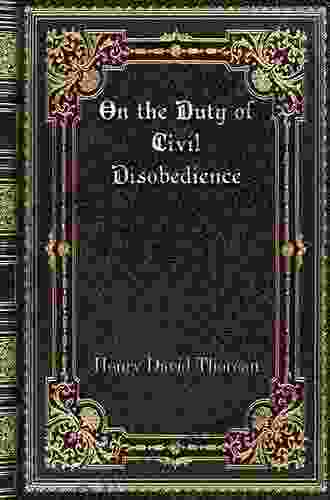On the Duty of Civil Disobedience: Thoreau's Profound Exploration of Individual Conscience and Social Justice

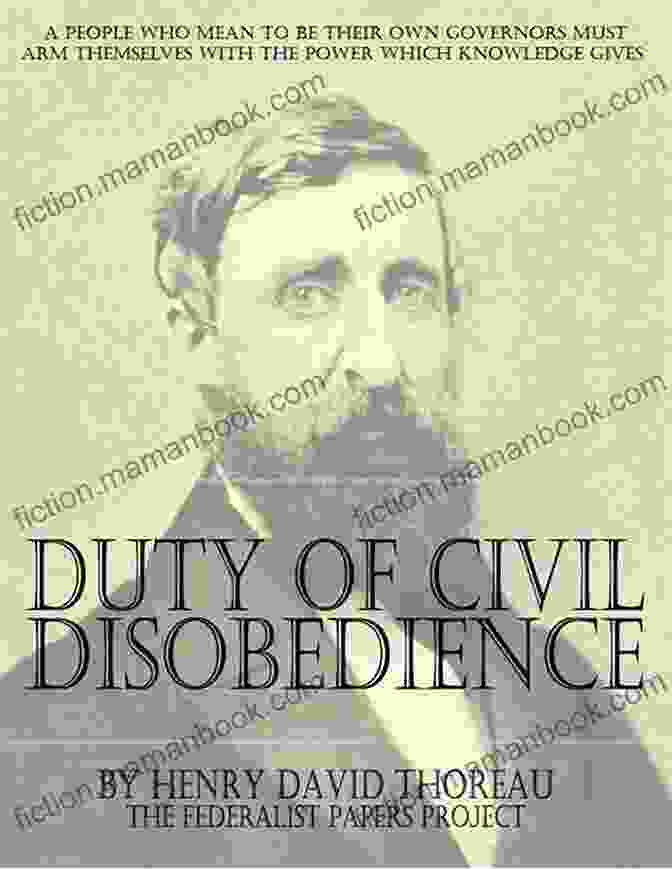
In the annals of American literature and philosophy, Henry David Thoreau's seminal essay "On the Duty of Civil Disobedience" stands as a towering masterpiece. Published in 1849, amidst the tumultuous era of slavery and civil unrest, Thoreau's treatise offers a profound examination of the relationship between the individual and the state, the duty of citizens to conscience, and the limits of government authority.
Through eloquent prose and incisive arguments, Thoreau challenges the notion of blind obedience to unjust laws, asserting the fundamental right of individuals to resist oppressive measures. His essay has resonated deeply with generations of activists, thinkers, and those seeking to understand the ethical complexities of living in a society with flawed governance.
The Duty to Conscience
At the heart of Thoreau's argument lies the belief that every individual has a moral obligation to follow their own conscience, even when it conflicts with the dictates of the state. He maintains that the primary source of ethical guidance resides within each person, and that external authorities cannot usurp this innate capacity for moral discernment.
Thoreau argues that when laws and government actions blatantly violate universal principles of justice and morality, citizens have a duty to resist. He asserts that "government is not simply a machine, but a living, breathing organism," and that it can only be ethical if its actions align with the moral compass of its people.
The Limits of Government Authority
Thoreau firmly believed in the importance of a limited government, one that respects the rights and freedoms of its citizens. He argues that the primary role of the state should be to protect individual liberty, not to infringe upon it. When a government oversteps its bounds and encroaches on the rights of its people, Thoreau contends that it forfeits its legitimacy and citizens are justified in resisting its authority.
He draws a distinction between "just" and "unjust" laws, arguing that the former are based on universal principles of morality and justice, while the latter are driven by expediency or the whims of those in power. Thoreau maintains that unjust laws have no moral force and should not be obeyed.
The Power of Non-Violent Resistance
Thoreau's advocacy for civil disobedience was not a call for violent rebellion. Instead, he believed in the power of non-violent resistance as the most effective way to bring about social change. He argued that through peaceful protest, boycotts, and other forms of non-cooperation, individuals could disrupt the unjust machinery of government and ultimately force it to reconsider its actions.
Thoreau's belief in non-violence was rooted in his deep reverence for life and his conviction that the pursuit of justice must be conducted through ethical means. He saw violence as a tool of oppression that ultimately hindered the cause of social progress.
The Legacy of "On the Duty of Civil Disobedience"
Henry David Thoreau's "On the Duty of Civil Disobedience" has left a lasting legacy on American thought and activism. Its principles have been invoked in numerous social and political movements throughout history, from the fight for women's suffrage to the civil rights movement to the anti-war protests of the Vietnam War era.
Thoreau's essay has also influenced the development of non-violent resistance as a powerful tool for social change. Mahatma Gandhi, Martin Luther King Jr., and countless other activists have drawn inspiration from Thoreau's teachings in their own struggles for justice.
"On the Duty of Civil Disobedience" remains a timeless and thought-provoking work that continues to inspire individuals to grapple with the ethical complexities of living in a society and the fundamental question of how to balance personal conscience with the authority of the state. Thoreau's profound insights into the relationship between the individual and government, the limits of authority, and the power of non-violent resistance are as relevant today as they were in the turbulent era in which they were first penned.
Thoreau's legacy as a champion of individual conscience and social justice ensures that his essay will continue to be studied, debated, and applied in the pursuit of a more just and equitable world.
Do you want to contribute by writing guest posts on this blog?
Please contact us and send us a resume of previous articles that you have written.
 Top Book
Top Book Novel
Novel Fiction
Fiction Nonfiction
Nonfiction Literature
Literature Paperback
Paperback Hardcover
Hardcover E-book
E-book Audiobook
Audiobook Bestseller
Bestseller Classic
Classic Mystery
Mystery Thriller
Thriller Romance
Romance Fantasy
Fantasy Science Fiction
Science Fiction Biography
Biography Memoir
Memoir Autobiography
Autobiography Poetry
Poetry Drama
Drama Historical Fiction
Historical Fiction Self-help
Self-help Young Adult
Young Adult Childrens Books
Childrens Books Graphic Novel
Graphic Novel Anthology
Anthology Series
Series Encyclopedia
Encyclopedia Reference
Reference Guidebook
Guidebook Textbook
Textbook Workbook
Workbook Journal
Journal Diary
Diary Manuscript
Manuscript Folio
Folio Pulp Fiction
Pulp Fiction Short Stories
Short Stories Fairy Tales
Fairy Tales Fables
Fables Mythology
Mythology Philosophy
Philosophy Religion
Religion Spirituality
Spirituality Essays
Essays Critique
Critique Commentary
Commentary Glossary
Glossary Bibliography
Bibliography Index
Index Table of Contents
Table of Contents Preface
Preface Introduction
Introduction Foreword
Foreword Afterword
Afterword Appendices
Appendices Annotations
Annotations Footnotes
Footnotes Epilogue
Epilogue Prologue
Prologue Rohini Gupta
Rohini Gupta Deborah Brown
Deborah Brown Dan R Lynch
Dan R Lynch Edd Voss
Edd Voss Michael Burns
Michael Burns Laurel A Rockefeller
Laurel A Rockefeller Peter Swan
Peter Swan Ravenna Young
Ravenna Young Henry William Herbert
Henry William Herbert Cassie Alexander
Cassie Alexander Laura Bellmont
Laura Bellmont Jerry Oltion
Jerry Oltion George Gershwin
George Gershwin Nakeia Brooks
Nakeia Brooks Shafiullah S A
Shafiullah S A Camilla Townsend
Camilla Townsend Charlene Y Atchison
Charlene Y Atchison Linda Pastan
Linda Pastan Gregory Maguire
Gregory Maguire Kathleen Sheeder Bonanno
Kathleen Sheeder Bonanno
Light bulbAdvertise smarter! Our strategic ad space ensures maximum exposure. Reserve your spot today!
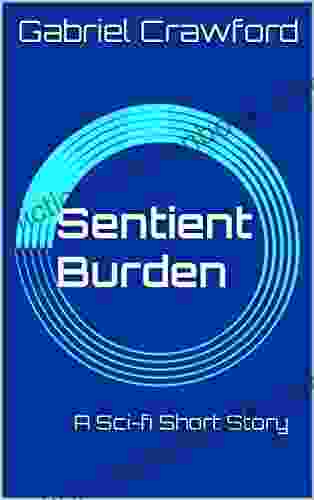
 Gordon CoxThe Sentient Burden: A Haunting Sci-Fi Exploration of Artificial Intelligence...
Gordon CoxThe Sentient Burden: A Haunting Sci-Fi Exploration of Artificial Intelligence...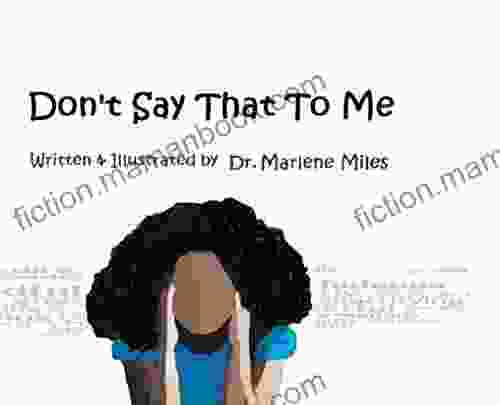
 Howard PowellDon't Say That to Me: A Comprehensive Guide to Addressing People with Respect...
Howard PowellDon't Say That to Me: A Comprehensive Guide to Addressing People with Respect... Henry Wadsworth LongfellowFollow ·16.4k
Henry Wadsworth LongfellowFollow ·16.4k Rex HayesFollow ·6.6k
Rex HayesFollow ·6.6k Henry GreenFollow ·4k
Henry GreenFollow ·4k Brennan BlairFollow ·13.9k
Brennan BlairFollow ·13.9k Warren BellFollow ·5.3k
Warren BellFollow ·5.3k Jaden CoxFollow ·19.8k
Jaden CoxFollow ·19.8k Clarence BrooksFollow ·12.7k
Clarence BrooksFollow ·12.7k Anthony WellsFollow ·14.6k
Anthony WellsFollow ·14.6k
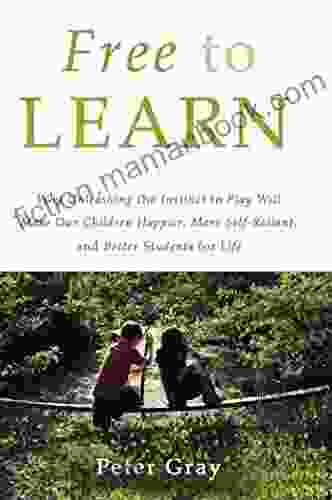
 Abe Mitchell
Abe MitchellWhy Unleashing the Instinct to Play Will Make Our...
Play is an essential part of childhood. It is...

 Rubén Darío
Rubén DaríoTheory in Health Promotion Research and Practice
Theory is essential...

 Howard Blair
Howard BlairFailing Students or Failing Schools: Uncovering the Root...
In the United States, the issue of failing...

 Ira Cox
Ira CoxPoetry From the Heart Chope: A Symphony of Soul and Verse
Embark on a literary...

 Easton Powell
Easton PowellThe Witch Hunt: Wicked Witches of Shadow Woods
In the cursed woods of...


